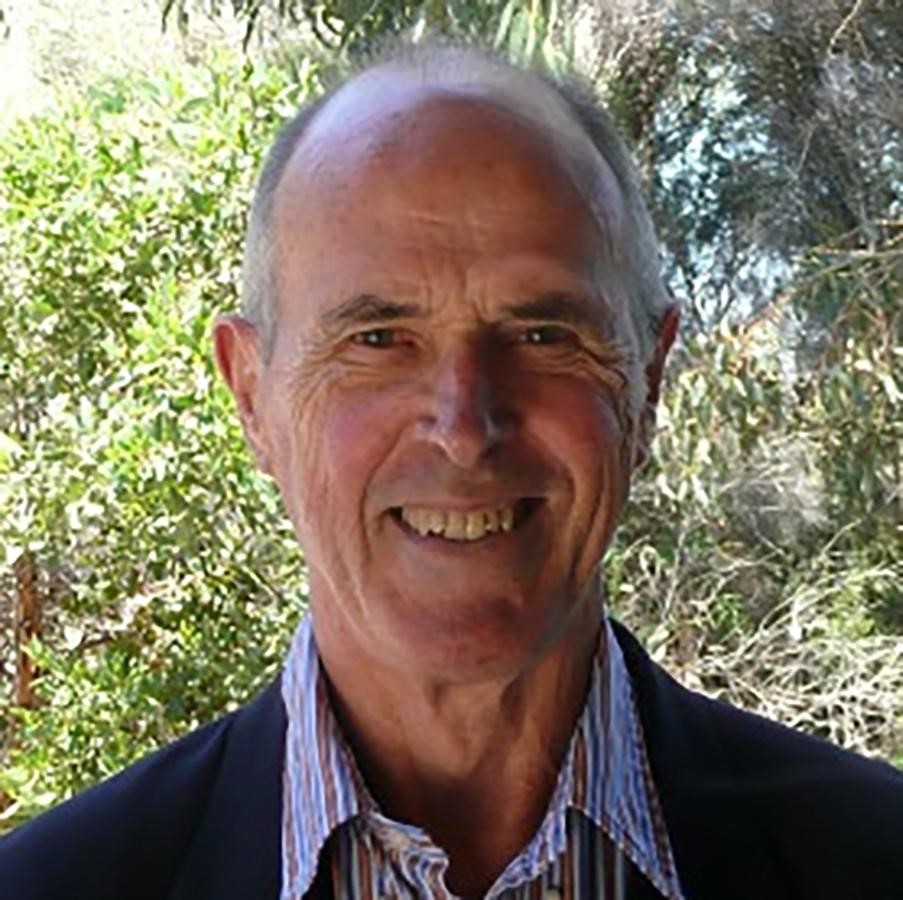Colleagues will be saddened to hear of the of recent passing of Robert (Bob) Seamark. Bob was a highly valued colleague, mentor, supervisor, and friend to many of us in the University.
Bob obtained a Bachelor of Agricultural Science from the University of Adelaide in 1959. He was subsequently awarded the Barr Smith Travelling Scholarship in Agriculture and moved to the University of Cambridge, where he obtained a PhD in the Faculty of Medicine, graduating in 1963. He then undertook a Postdoctoral Research Fellowship in the Department of Obstetrics at the University of Cologne, before returning to the University of Adelaide.
Much of Bob’s career was spent in the University of Adelaide, initially as a foundation lecturer in the Department of Animal Physiology at the Waite Institute (1964-1969), then as Senior Lecturer / Reader in Endocrinology in the Department of Obstetrics and Gynaecology (1969-1995).
His background in Agricultural Science and his active research links with the livestock industry, played a key role in establishing the Department’s scientific reputation in reproductive biology and advanced reproductive technologies. This was paramount in positioning the Department as a leading research centre in Human Reproductive Medicine and the founding of one of Australia’s first IVF companies, Repromed.
In 1996 he took up the appointment of Director of the Cooperative Research Centre for the Biological Control of Vertebrate Pests in Canberra, where he applied his expertise to the development of a new generation of biological control agents for the management of introduced pest animals such as the rabbit, fox and mouse. Bob returned to South Australia in 2001 and served as Director and Chair of the Advisory Board of the Flinders Medical Research Institute and Professor in the Department of Medicinal Chemistry at Flinders University. He also played an active teaching role in the graduate entry program at Flinders. Bob was a strong advocate for a greater focus on the translation of research into practical outcomes through commercialisation and co-founded and played a key advisory role in the establishment of several of Australia’s listed biotechnology companies including BresaGen.
Bob’s broad range of research interests are documented in the 200 plus papers he published and his legacy lives on in the 35 PhD students he supervised, many of whom have gone on to have successful research careers. In recognition of his many achievements, Bob was awarded the honorary degree of Doctor of Medicine (honoris causa) by the University in 2016.
The University extends its sympathies to Bob’s wife Kay, brother Richard, Bob’s children Anna, Tom and Ben, and their families.

